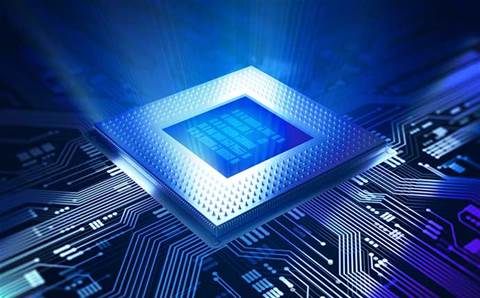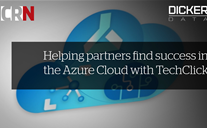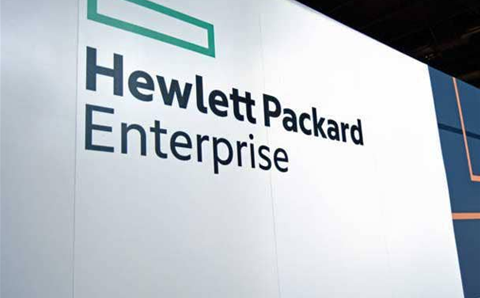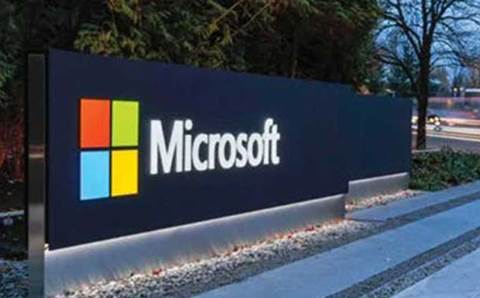There are "incredible opportunities ahead" with AMD's next-generation, 7-nanometer processors as the company expects to take more server market share from archrival Intel, according to chief executive Lisa Su.
Su's remarks came this week during the US-based company's second-quarter earnings call, where the company's upcoming 7nm CPUs and graphics chips, as well as its nascent EPYC server processors, dominated much of the discussion.
The second quarter, ended June 30, marked the company's best quarterly results in seven years, with revenue reaching US$1.76 billion, a 53 percent increase from the same period last year, and net income climbing to US$156 million, or 14 US cents per share, compared to a loss of US$7 million, or a loss of 1 US cent per share, a year ago. AMD's stock price was up more than 5 percent after market-close on Wednesday.
AMD began sampling its 7nm graphics chip, or GPU, with select customers in the second quarter and expects to start shipping the product later this year, Su said. AMD's 7nm EPYC server CPU, code-named "Rome," has also started sampling with select partners and will launch in 2019 while the 7nm client CPU will ship sometime after that, the CEO added.
"I do believe we have a very competitive position in 2019," Su said.
AMD's progress with its 7nm chip manufacturing process is significant because Intel has been struggling with its 10nm process, which is comparable to AMD's 7nm and has been delayed for multiple years because of manufacturing issues. A senior AMD executive said in June that Intel's challenges have created "a real tailwind" for the company.
Before his resignation in late June, former Intel boss Brian Krzanich said at a shareholders meeting that he did not see the company's manufacturing issues as a competitive threat, adding that he believed the company's 14nm chips still had "a lot of leg room left in performance, along with our architectures."
During AMD's earnings call this week, Su reiterated that the company expects to reach mid-single digits in the server market share by the end of the year and double-digits in the mid-term. The company's EPYC server chip line, which launched a little over a year ago, is now in more than 50 platforms, including HPE's ProLiant DL325 Gen10 server, which Su said offered "significantly lower cost per virtual machine than the leading dual-socket competitor" — a reference to Intel.
Krzanich reportedly said to an analyst that Intel would lose server market share to AMD in the second half of this year. Intel later said that while the company expects a "more competitive environment," it's in a "great position to compete."
Su said a majority of the EPYC platforms had been shipping to multiple customers, with some deployments ranging from the hundreds to tens of thousands. That contributed to a 37 percent year-on-year growth in AMD's enterprise, embedded and semi-custom business to US$670 million for the second quarter.
Su said EPYC sales and shipments had grown more than 50 percent sequentially. After seeing a longer qualification period with customers for the first-generation of EPYC, code-named "Naples," Su said the company hoped for the timeline to tighten with "Rome," the next-generation chip.
"With Rome, I think there is enhanced interest," she said.
Su said the company was aiming to increase EPYC adoption in the high-performance computing, data analytics and virtualised enterprise environment segments.
The company's Computing and Graphics business grew 64 percent year-over-year to US$1.09 billion, driven by strong sales of its Radeon graphics products and "continued growth" of its Ryzen CPU products. At the same time, the business saw a 3 percent dip from the previous quarter, which AMD attributed primarily to a dip in revenue from GPU products in the blockchain market.





.png&h=142&w=230&c=1&s=1)
.png&h=142&w=230&c=1&s=1)



.png&w=100&c=1&s=0)











